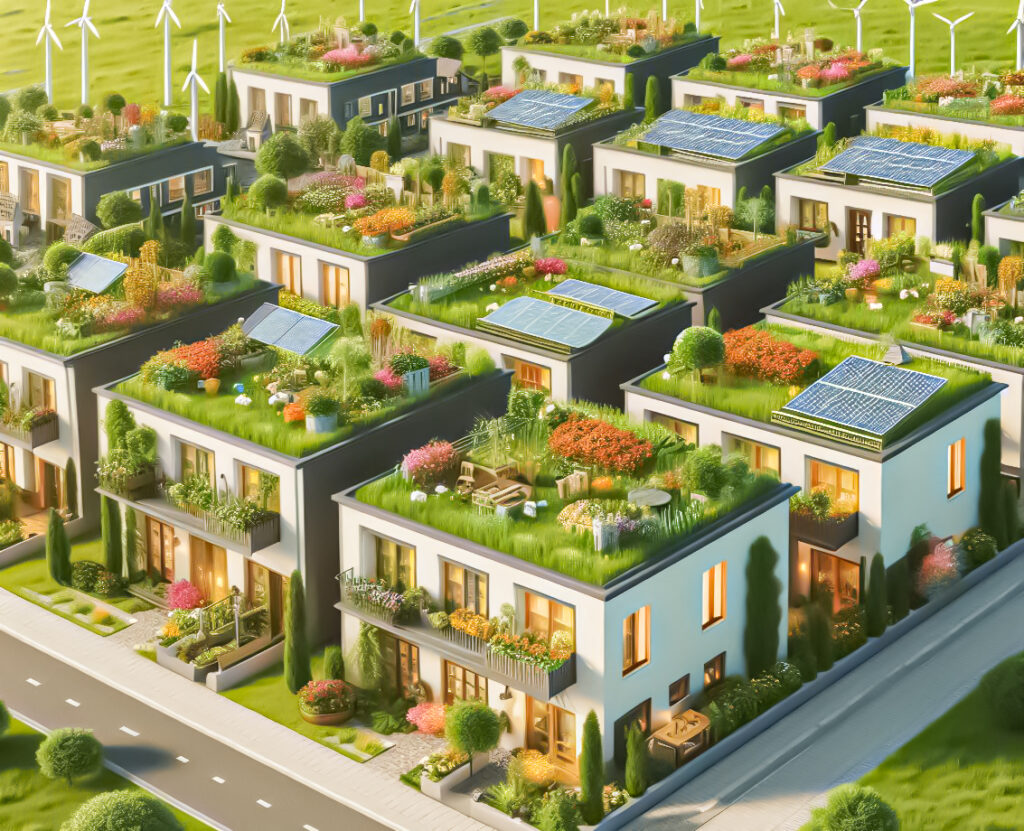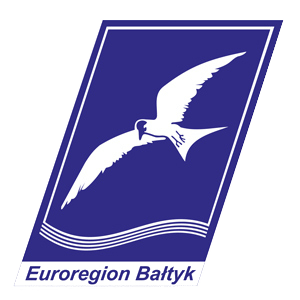Informacje z Euroregionu Bałtyk
CONEtl-ne CONE News Projects English pll_66618cfa6d8cb CONE
CONE- Cities of nature: nature-based solutions in urban living labs
This month, we began the implementation of the CONE project - Cities of Nature, which focuses on nature-based solutions in urban living labs. The project activities will continue until the end of November 2026.
The project is funded through the Interreg Central Europe program and was submitted in 2023 as part of a regular call for proposals. Its goal is to promote a more environmentally friendly Central Europe. Specifically, the project aims to enhance climate resilience in the region.
Key Information:
- Project Lead: UniSMART - Foundation of Padua University (ITALY)
- Project Consortium: It consists of 10 full partners from Italy, Poland, Hungary, Czech Republic, and Slovenia, including three from Poland: Wejherowo, STG ERB, and Gdańsk University of Technology. Additionally, there are 5 associated partners, including three from Poland: Sztum, Tolkmicko, and Dzierzgoń.
- Project Value: 1,844,844.20 EUR
- Co-Funding Level: 80%, with a 20% own contribution
The project involves investment actions, including the use of nature-based solutions in small and medium-sized cities. In the Municipality of Wejherowo, green pocket parks, plantings, water features, and retention gardens will be implemented. Gdańsk University of Technology will provide technical and scientific support for these activities.
Overall, the project aims to establish a multidimensional “living laboratory” to apply nature-based solutions in local contexts. We want to achieve this as an interdisciplinary, more digital, and democratic approach to climate change mitigation and adaptation.
The Urban Living Lab method includes three phases:
- Joint research and context analysis to confirm identified challenges and recognize local needs and barriers.
- The experimental phase, which involves ideation of innovative solutions, their incubation, and strategy development.
- Experiments and feedback: testing the implemented solution, collecting feedback, suggestions for improvements, validation, and replication.
Climate change impacts vary significantly by region and sector. Therefore, while common strategies and guidelines may be pan-European, adaptive actions must consider specific territorial aspects. Measures should be tailored to local urban environments to ensure sustainable development and climate adaptation.
There is a strong need to incorporate climate change issues into strategic planning based on risk and resilience-enhancing measures. Therefore, innovation lies in a more democratic and data-driven approach that empowers communities and raises awareness regarding climate change and potential mitigation and adaptation solutions. Within this framework, even though they are not necessarily technological, nature-based solutions can be valuable and sustainable allies when combined with a participatory approach.
The CONE project will explore how the Urban Living Lab approach can be scalable and adaptable in more rural, small, and medium-sized communities in Europe. The partnership will select co-creation/participatory methods for designing, implementing, and monitoring nature-based solutions (NBS) that are feasible and cost-effective in such Central European municipalities.
The main focus will be on examining and testing specific “living laboratory” methods that help municipalities design and implement NBS based on broader citizen engagement, improved data collection, management, and utilization.
Project Overview:
CONE aims to address urban challenges related to climate change, such as heat stress, biodiversity loss, floods, and water scarcity and quality. As highlighted in the strategic environmental impact assessment report, extreme heatwaves and heatwaves in Central Europe have intensified significantly and are expected to occur more frequently and last longer. An especially critical issue is the urban heat island effect, where cities experience higher temperatures (up to 12°C) than their surroundings.
Regarding water, changing precipitation patterns in Central Europe suggest two extreme rainfall scenarios. First, heavy rainfall is projected to increase by 35% by 2070, leading to a higher risk of frequent rain-related floods and flash floods, particularly in northwestern and central-western regions. Meanwhile, southern Europe is expected to experience reduced summer precipitation and meteorological droughts (EEA, 2019). Meteorological droughts may particularly affect northern Italy and Slovenia, especially during the summer months.
From the preliminary territorial analysis conducted by the project partners, it is evident that serious floods affect all partner countries, causing damage in urban and town areas. Since heavy rainfall occurs unexpectedly after long periods of drought, the soil is unable to absorb and retain rainwater. Combined with inadequate drainage conditions, this can lead to significant harm to both private and public properties and increased risks to public safety. In some cases, rivers are vulnerable to embankment erosion, resulting in severe consequences for local biodiversity and the risk of high groundwater levels in nearby areas. Conversely, during the summer, water scarcity increases the need for effective water flow retention in riverbeds and water level balancing. These changes in inland water levels impact recreational services and water quality, sometimes leading to restrictions on water usage (e.g., garden watering bans during the summer).
Beyond the more specific climate change challenges, it has been observed that awareness of climate risk is generally quite low, necessitating outreach efforts across all generations to influence social attitudes.
These challenges have direct and indirect implications for citizens’ health, well-being, economic situations, safety, and protection. In fact, municipalities play a crucial role in developing urban planning, greening plans, safety and protection plans, and climate change mitigation and adaptation strategies.
To address this, cross-national collaboration is essential, as climate change is a pan-European challenge. Therefore, the project partnership has decided to work with local working groups, mobilizing stakeholders from the Quadruple Helix: the public sector, private sector, civil society, and academic environment. Together, they aim to increase awareness about climate change and create more democratic and digital processes that support the implementation of nature-based solutions in urban contexts. To achieve this, the project consortium, composed of municipalities and umbrella organizations, will establish five different pilot cases. Starting from local challenges, these cases will organize multi-level, multisectoral, and multiparty urban living labs. Urban living labs are innovation laboratories that engage stakeholders from the Quadruple Helix. The Urban Living Lab method involves three phases:
- Joint Research and Context Analysis: Confirming identified challenges and exploring local needs and barriers.
- Experimental Phase: Ideating innovative solutions, incubating them, and developing strategies.
- Experiments and Feedback: Testing the implemented solution, collecting feedback, suggesting improvements, validating, and replicating. Each urban laboratory will test a different participatory methodology, involving citizens in territorial analysis and consultations regarding urban investments for nature-based solutions.
Over the course of three years of collaboration, a replicability protocol is expected to be developed, starting from the pilot urban living labs. The jointly crafted transnational strategy will be presented to policymakers in Central Europe, facilitating the path toward greening city plans in alignment with the EU’s biodiversity strategy.

PROJECT BRIEF
- Project Area: The project focuses on the circular economy, nature-based solutions, and social inclusion.
- Project Scope: It covers a European or transnational area, primarily involving countries in Central Europe.
- Role of STG ERB: STG ERB is a partner with its own budget.
- Funding Level: The project receives 80% co-financing.
- Project Budget: The total project budget is €1,424,656.00.
- Project Duration: The project will run for 30 months.
- STG ERB Budget: STG ERB’s budget contribution is €167,520.00, with a self-financing component of €33,504.00.
- Project Consortium: The project involves collaboration with 10 full partners and 5 associated partners from Poland, Italy, Czech Republic, Hungary, and Slovenia.
